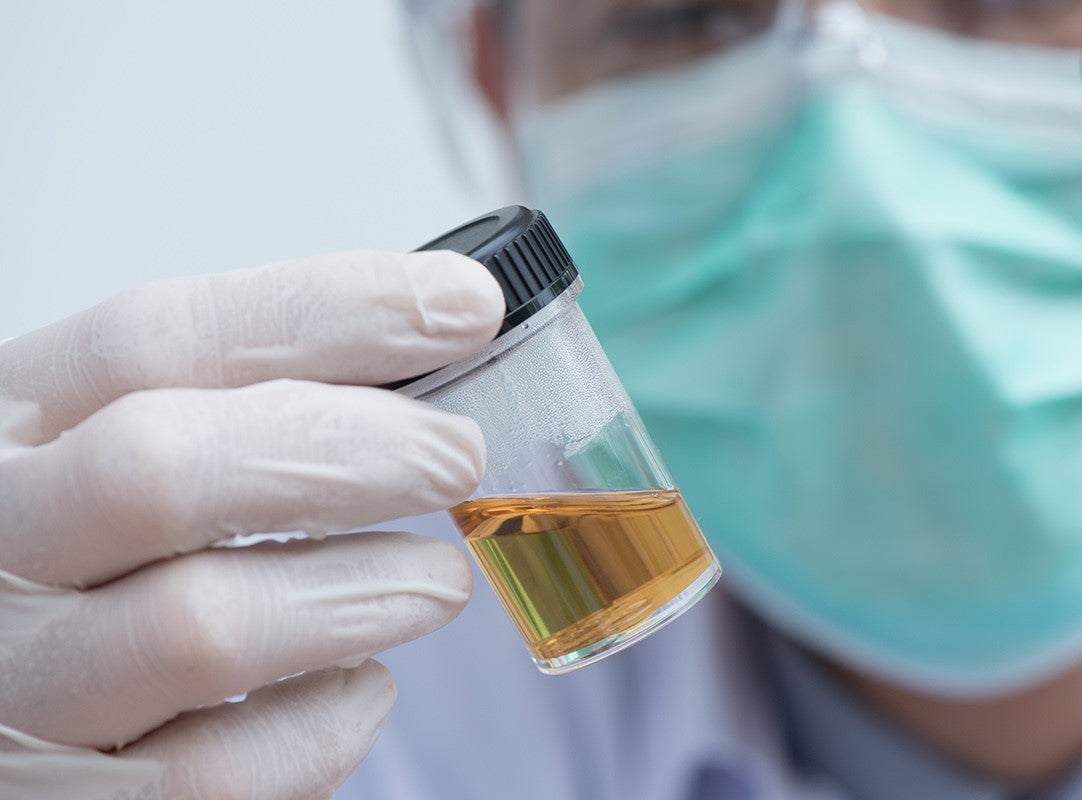Share With Others!
When your career, scholarship or reputation is on the line, every decision you make matters. Being careless about supplement use or ingesting even the smallest amount of a prohibited substance can lead to a positive drug test. So, making informed decisions when choosing nutrition supplements is essential.
Related Reading: BANNED SUBSTANCE TESTED – SPORT SPECIFIC RECOMMENDATIONS
Why Drug Test Athletes?
Drug tests are conducted to promote fair play, prevent unfair advantages, level the playing field and protect the health of athletes. Drug testing has been a mandatory practice enforced by the International Olympic Committee (IOC) since 19671. The World Anti-Doping Agency (WADA) was formed in 1999 to promote safe sport. WADA works closely with international organizations and governing bodies who oversee competitive sports programs and where athletes are regularly tested for prohibited substances. This includes United States Anti-Doping Agency (USADA), the NCAA®, and professional sport organizations such as the NFL, NBA, MLB, NHL, PGA, and Ironman®.
What Is The Prohibited Substance List?
Each year, a list of prohibited substances is released by WADA to provide guidance for athletes pertaining to supplements, street drugs, over the counter and prescription medications. The list is presented categorically, identifying substances and methods prohibited during competition and out-of-competition, which may vary by sport. The prohibited substance list is recognized internationally and utilized by collegiate, professional and Olympic athletes, as well as military professionals who periodically undergo drug testing.
According to WADA, a substance is considered prohibited if it meets two of the following three criteria2:
1. It has the potential or has been proven to enhance sport performance
2. It represents a risk or potential health risk to the athlete
3. It violates the spirit of sport
There are several classes of drugs or compounds that these products are tested for, including3:
- Stimulants
- Anabolic agents
- Alcohol
- Diuretics and masking agents
- Narcotics
- Cannabinoids
- Growth hormone-releasing peptides
- Hormone and metabolic modulators
- Beta-2-agonists
How Do Dietary Supplements Fit In?
Unfortunately, unethical individuals and companies exist – intentionally adulterating or misbranding products labeled as dietary supplements. And while best efforts are made through good manufacturing practices; errors and contamination may occur to ingredients and during production.
What Are Third-Party Testing Agencies?
Third-party testing agencies and certifications were developed to protect athletes from unintentionally consuming products or ingredients contaminated with a prohibited substance.
Informed Sport (labeled as “Banned Substance Tested”), Banned Substance Control Group (BSCG) and NSF Certified for Sport® are three popular certification programs. Products, ingredients and manufacturing facilities are tested periodically for over 250 substances prohibited in sport to support the dietary supplement industry and combat the anti-doping community3.
As products and brands in the sports supplement industry continue to grow, so have the expectations of the consumer. Acquiring and upkeeping a third-party testing certification is an additional cost for supplement companies, but one that’s worth the investment. Coaches and health professionals look to third-party testing agencies for guidance when recommending sports supplements. Competitive athletes, casually athletic individuals, and the parents of budding high school student athletes can enjoy peace of mind and assurance when purchasing third-party tested products.
Why Should You Be An Informed Consumer?
Whether you’re just getting started or competing at the highest level, failing a drug test can impact so many aspects of your athletic career. Losing scholarships, disqualifications, having medals and awards stripped, disappointing family, friends and fans – it’s just not worth it. Make informed choices and select dietary and sports supplements that have been tested for banned substances to lend the support you need without the compromise.
And while we may not all be competitive athletes, following the guidance of these third-party testing agencies can be reassuring. Trust the experts at GNC to have your back, providing easily distinguishable and categorized banned substance tested products to tackle your sports performance goals with confidence.
References:
1. Cadwallader AB. Seven Points for Athletes to Consider Before Using a Dietary Supplement. AMA J Ethics. 2022;24(5):E443-E451. Published 2022 May 1. doi:10.1001/amajethics.2022.443. https://pubmed.ncbi.nlm.nih.gov/35575576/
2. Frequently asked questions: how does a substance or method make it to the prohibited list? World Anti-Doping Agency. Accessed July 26, 2022. https://www.wada-ama.org/en/prohibited-list#faq-anchor
3. The Prohibited List. World Anti-Doping Agency. Accessed July 26, 2022. https://www.wada-ama.org/en/prohibited-list
4. Frequently asked questions: which substances does Informed Sport screen for? Accessed July 26, 2022. https://sport.wetestyoutrust.com/about/frequently-asked-questions
